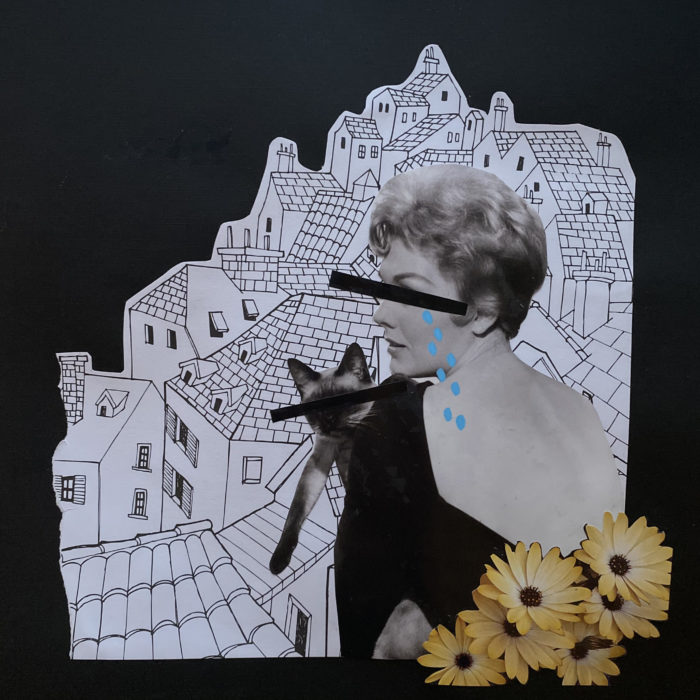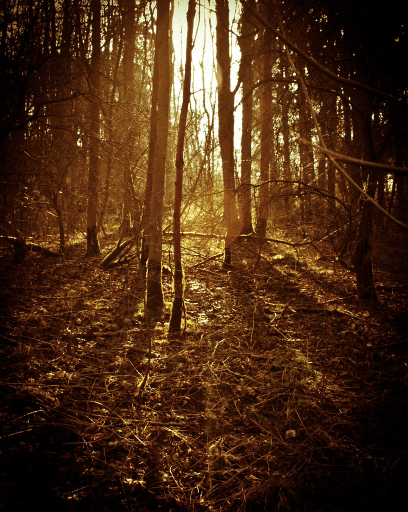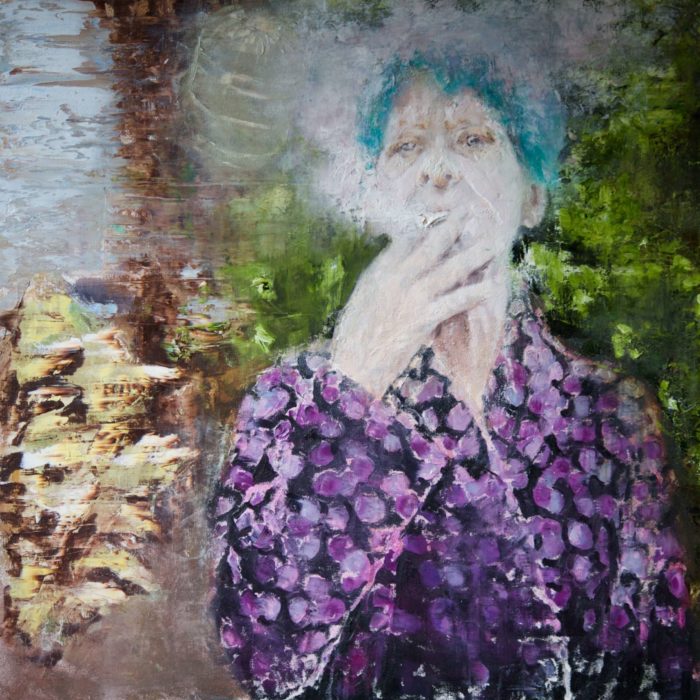You have no items in your cart. Want to get some nice things?
Go shopping
As she lifts her coffee cup to her lips, her hand trembles, and she has to put it back down on the kitchen table. Luckily it isn’t full. She watches as the milky storm subsides, then looks up towards the wide-open window in front of her. Beyond it, there is a wall of green. She planted dense shrubs to keep the neighbour’s gaze out. She got fed up with meeting the eyes of that man from the big house next door across the panes of glass whenever she walked into the kitchen.
She tries to lift her cup to her lips again. This time she holds it with both hands. She’d love to be able to stop her thoughts drifting off into the wrong corners of her mind and dragging out things she’d tucked there. She’d love to pick up a book and make herself comfortable in the armchair by the French doors. From there, she could gaze out to the overgrown flowerbeds blooming in dazzling colours. There are no rigid lines or hard borders in her garden. She’s given her plants freedom to grow awkward branches and spill outside their beds. They just need to watch out for the neighbour who cuts down any shoot crossing over through the fence. No stray seedling has any chance to take root in his pristine monoculture of Agrostis Capillaris L. He mows it weekly, and patrols daily, wearing his green overalls, a spray can of Roundup in his hand.
She manages to finish her coffee without spilling a drop. She gets up, walks over to the sink, puts her cup in, and leaves it there. It can wait until she comes back. She closes the window and heads out of the kitchen towards the sitting room. There, she locks the doors to the garden and pulls a net curtain across the panes of glass. She glances towards her flowerbeds through the white, cotton mesh. Flowers are such beautiful creatures. One glimpse of their bright bodies can shift a mood a hundred and eighty degrees. They must have magical powers.
*
She enters the warm, soft sand of the beach in front of the Grand Hotel. She takes off her sandals and rolls up her trousers. This spot always reminds her of the film Two Men and a Wardrobe, which was shot right here in 1958. Sometimes, she stares towards the sea waiting for the men to emerge from the waves with their strange luggage and carry it off to town, where nobody will understand them.
The beach is busy with holidaymakers frying their bodies. During summers, she avoids the stretch near the pier. There, it’s impossible to pass in between spread-out towels, blankets, deckchairs, loungers and those windbreakers people erect to mark their territory. On a day like today, it’s hard to imagine that in a few weeks’ time, when autumn storms come, this place will be empty, with only a few dog walkers and joggers braving the weather. She prefers the beach in autumn and winter. She loves the spray carried by gusts of wind from huge waves breaking under the force of their own weight. Sometimes the wind gets so strong that the air becomes an invisible wall. She likes to lean her back against it, allowing herself to be held up by a void.
Her feet sink deep into the moist sand right at the water’s edge. She likes the sensation of the sea flowing in between her toes. A group of small children runs into the rolling waves right beside her. She is showered with salty water and feels drops dripping from her nose and cheeks.
“I’m so sorry.” She can hear a young woman’s voice and turns towards her.
“It’s just water,” she replies, wiping the sea from her face. “No need to be sorry,” she adds and continues her walk. She takes large steps, splashing like a child. No need to be careful anymore not to get her trousers wet. She laughs to herself.
*
She reaches the quiet part, where the forest that surrounds the town from the south meets the sea across eroding cliffs that hang over the beach. Further down, winter storms ate into the slopes and left trees hanging precariously. Their exposed roots grip the slipping earth. She sits on a tree trunk lying in the sand. It must’ve fallen from the cliff years ago. The sea stripped off bark, exposing its sapwood. It turned silver like a piece of jewellery. It glistens in the late afternoon sun, the beach’s giant brooch.
She lifts her gaze towards the horizon. The sea is deep navy and the sky pale blue, the line between them sharp. Some days there is no distinction between the water and the air above it. They blur into a solid plane of grey: mousy, pewter, ash, or slate. She remembers this colourless wall in front of her then. That November, she started taking long walks. She had to get out of the house. She could hardly breathe, as if someone had pumped all the air out, creating a vacuum. Opening the windows did nothing, except for making the rooms freezing cold. And she was already shivering. She’d never felt so cold in her life. There was an icy stream running through her veins, cooling her flesh. Walking was the only way to stop it from freezing up.
On some of the days then, the beach wasn’t long enough for her. She’d walk east, all the way to the breakwater, bordering with the customs free zone. There she’d turn back and walk to the pier, then past the Grand Hotel towards the cliffs, to this spot. In winter, she couldn’t go further. The sea claimed the narrow strip of sand that is passable in summer. Once she got here, she would sit down on this tree trunk.
“Where are you?” she would shout towards that grey, impenetrable curtain. Her hand in the coat pocket clutched her mobile, waiting for a vibration.

About Marta Michalowska
Marta Michalowska is a curator, artist and writer based in London. She has recently completed her debut novel 'Sketching in Ashes', supported by Arts Council England through the Developing Your Creative Practice programme, and is currently writing her second one 'A Tram to the Beach', both exploring contested territories. She graduated from the Novel Studio at City University in 2019. Michalowska is Associate Director of Theatrum Mundi, where she co-edited two collections of commissioned writing to be published later in 2021, and Director of The Wapping Project.
- Web |
- More Posts(1)




